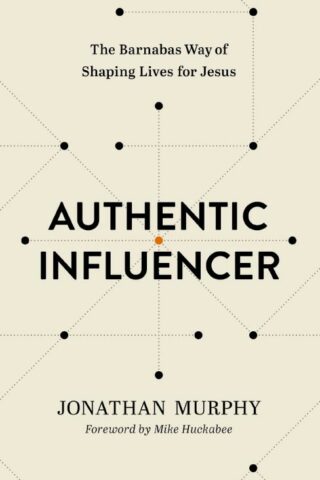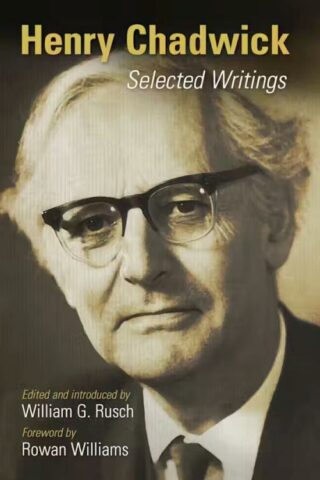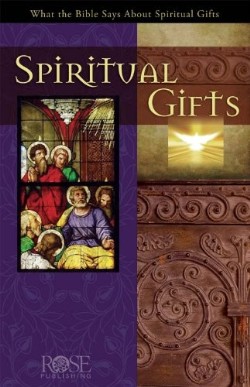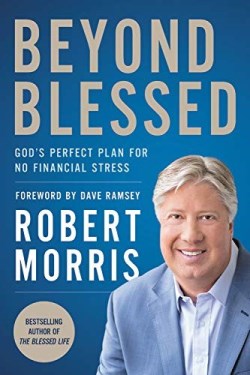William Rusch
Showing the single result
-
Henry Chadwick : Selected Writings
$38.99Rare scholarly insight into the early church – still relevant for the church today
This anthology offers a choice selection of writings by one of the twentieth century’s premier church historians, Sir Henry Chadwick. Many of Chadwick’s considerable contributions to a fuller understanding of the early church were unpublished or not circulated widely during his lifetime, but here they are compiled in a convenient, accessible form.
Reflecting Chadwick’s wide-ranging expertise, this volume contains his essays on a variety of themes pertaining to the early church, including the emerging faith’s relationship to classical culture; the interaction between piety, politics, and theology; councils in the early church; the power of music in the church; and more. As relevant for the study of early Christianity today as when they were first written, Chadwick’s essays remain a valuable resource for better understanding the church both past and present, shedding light on ecumenical problems that still keep Christians visibly divided.
Add to cartin stock within 3-5 days of online purchase











